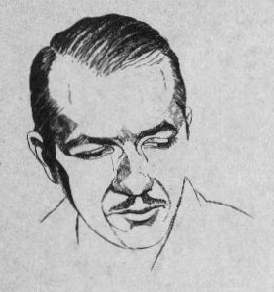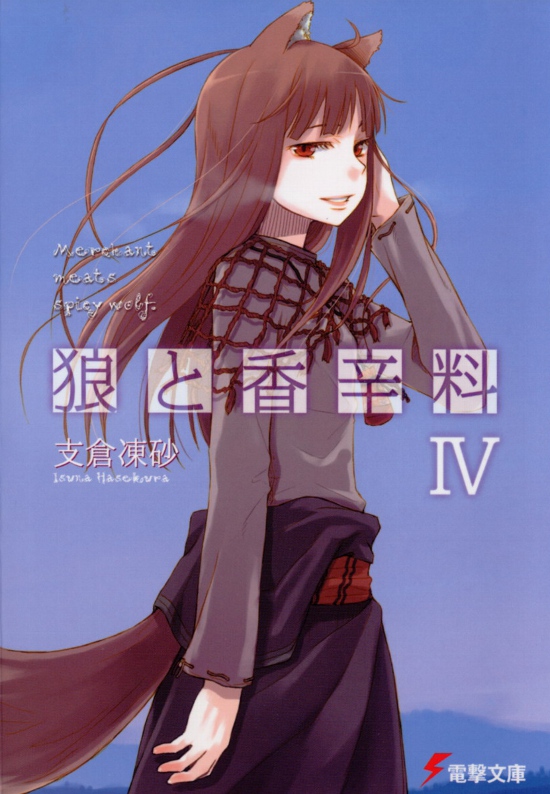The Moon is a Harsh Mistress
My introduction to Robert Heinlein came during a class I took back at college on the literature of science fiction, the same class where I first read Philip K. Dick’s The Man in the High Castle. The timing was perfect, since I was a Libertarian at the time and Heinlein is fairly well-known for his broadly Libertarian views, which feature prominently in his work. That ideological sympathy wasn’t enough to make me a fan of the novel selected for the class, Stranger in a Strange Land, though. The story had some interesting moments, enough that I am glad that I read it, but it features a hippie version of Libertarianism with free love and such, which even then I had little patience for.

